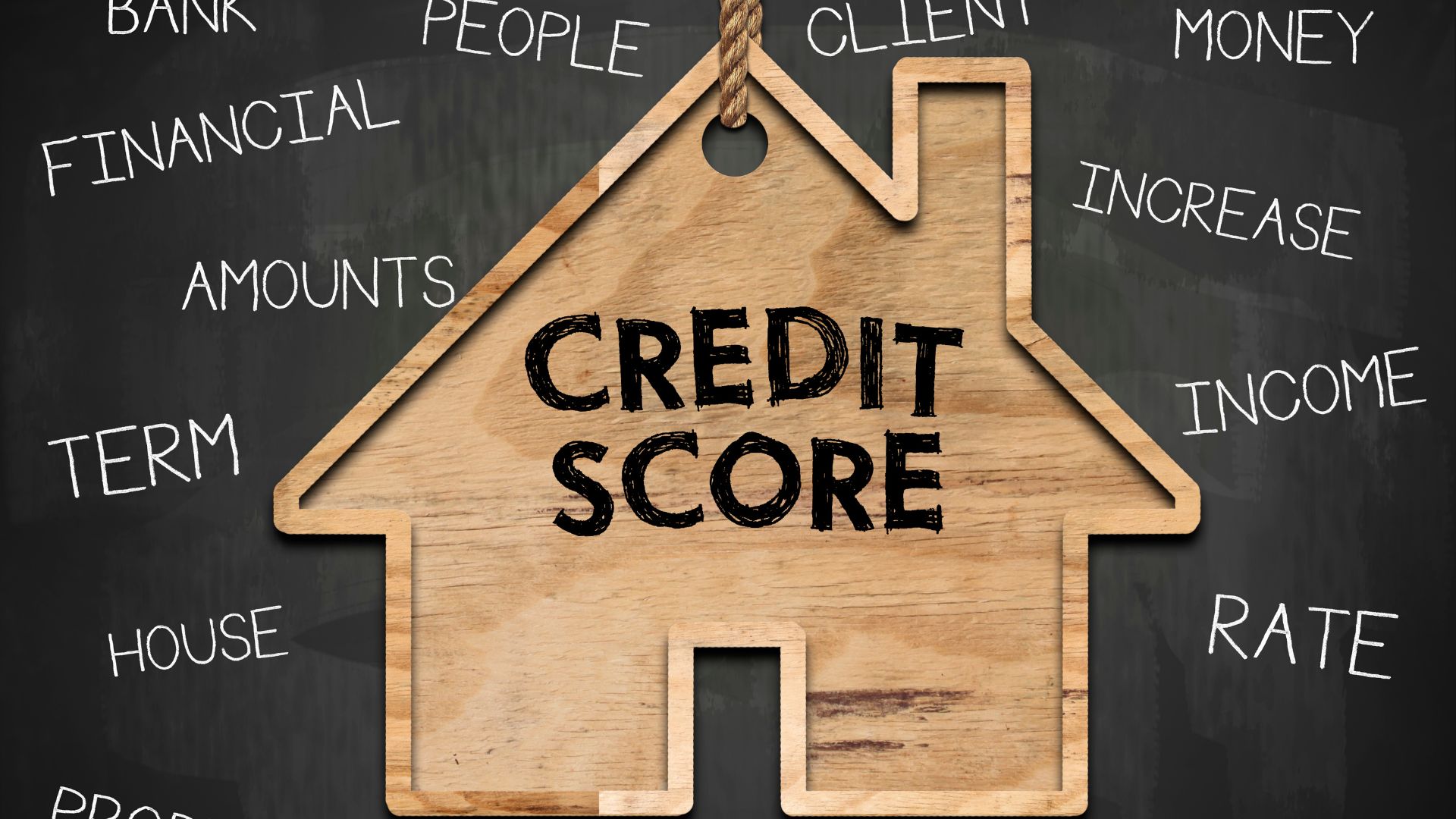Buying a home in the United States is a major financial milestone, and your credit score plays a central role in determining whether you qualify for a mortgage—and what kind of deal you’ll get. From conventional loans to government-backed programs, lenders use your credit score to assess your financial reliability. A higher score can mean lower interest rates, better loan terms, and more purchasing power. In this guide, we’ll break down the credit score requirements for different types of home loans, explain how your score affects the process, and share tips to help you prepare for homeownership.
📊 Understanding Credit Scores and Their Importance
In the U.S., credit scores typically range from 300 to 850, with higher scores indicating better creditworthiness. These scores are calculated by major credit bureaus—Equifax, Experian, and TransUnion—based on your payment history, credit utilization, length of credit history, types of credit, and recent inquiries.
When applying for a mortgage, lenders use your credit score to determine how likely you are to repay the loan. A score of 740 or higher is considered excellent and can qualify you for the best interest rates. Scores between 700–739 are good, 660–699 are fair, and 620–659 are considered subprime. Scores below 620 may still qualify for certain government-backed loans, but often come with higher interest rates and stricter conditions.
🏦 Minimum Credit Score Requirements by Loan Type
Different mortgage programs have different credit score requirements. Here’s a breakdown of the most common types:
- Conventional Loans: These are not backed by the government and typically require a minimum credit score of 620. However, to get competitive rates, a score of 740+ is ideal.
- FHA Loans: Backed by the Federal Housing Administration, FHA loans are designed for first-time buyers and those with lower credit scores. You can qualify with a score as low as 500 if you can make a 10% down payment, or 580 with a 3.5% down payment.
- VA Loans: Available to veterans and active-duty service members, VA loans don’t have a formal minimum credit score, but most lenders prefer a score of 620 or higher.
- USDA Loans: These are for rural and suburban homebuyers and typically require a minimum score of 640.
Each loan type has its own benefits and limitations, so choosing the right one depends on your financial situation, credit history, and homeownership goals.
💰 How Credit Score Affects Interest Rates and Loan Terms
Your credit score doesn’t just determine whether you qualify for a mortgage—it also affects how much you’ll pay over time. Lenders use your score to set your interest rate, which directly impacts your monthly payment and the total cost of the loan.
For example, a borrower with a score of 780 might receive a 30-year fixed mortgage at 6.5%, while someone with a score of 620 could be offered 8.5% or higher. Over the life of the loan, this difference could amount to tens of thousands of dollars in extra interest.
Additionally, borrowers with higher scores may qualify for:
- Lower down payments
- Higher loan amounts
- Fewer fees and closing costs
- More flexible repayment terms
Improving your credit score before applying for a mortgage can significantly enhance your financial position and make homeownership more affordable.
⏱️ Faster Mortgage Approvals with Strong Credit
Lenders view applicants with high credit scores as low-risk, which often leads to faster approvals and smoother processing. If your score is 740 or above, you may be pre-approved for a mortgage with minimal documentation and fewer conditions.
On the other hand, applicants with lower scores may face longer approval times, additional paperwork, and stricter underwriting. Lenders may require proof of income, employment history, and explanations for past credit issues. By improving your score ahead of time, you can streamline the mortgage process and reduce stress during your home search.
🛠️ How to Improve Your Credit Score Before Buying a Home
If your credit score isn’t where you want it to be, there are several steps you can take to boost it before applying for a mortgage:
- Pay all bills on time, including credit cards, loans, and utilities
- Reduce your credit card balances to lower your credit utilization ratio
- Avoid opening new credit accounts unless necessary
- Check your credit reports for errors and dispute inaccuracies
- Keep old accounts open to maintain a longer credit history
Improving your score by even 50–100 points can make a big difference in your mortgage eligibility and the terms you receive.
📱 Best Tools to Monitor Your Credit Score
Monitoring your credit score regularly helps you stay on track and catch issues early. Here are some popular tools in the U.S. that offer free or premium credit monitoring:
- Credit Karma: Free access to TransUnion and Equifax reports, plus alerts and recommendations
- Experian: Offers FICO scores, credit monitoring, and identity theft protection
- CreditWise by Capital One: Free tool with dark web scanning and TransUnion monitoring
- MyFICO: Paid service that provides access to your actual FICO scores used by lenders
These tools help you track your progress, understand your credit profile, and take action to improve your score before applying for a mortgage.
🧭 Final Thoughts: Aim High, Plan Smart
While a credit score of 740+ is ideal for buying a house in the U.S., you don’t need perfect credit to become a homeowner. Many loan programs are designed to help buyers with fair or even poor credit. The key is to understand your options, prepare your finances, and work with trusted professionals who can guide you through the process.
By taking control of your credit and using the right tools, you can position yourself for success and make your dream of homeownership a reality—on terms that work for your budget and lifestyle.




